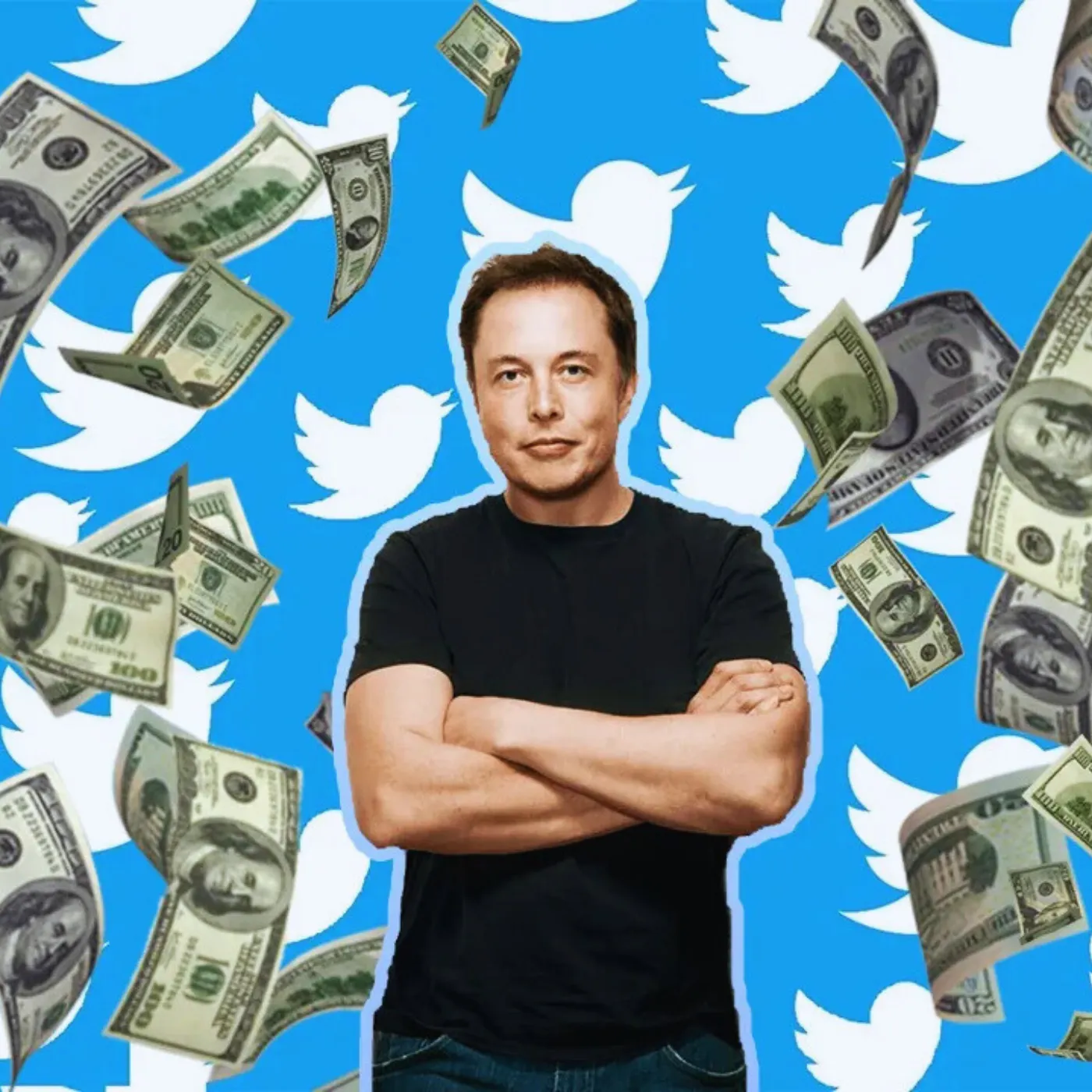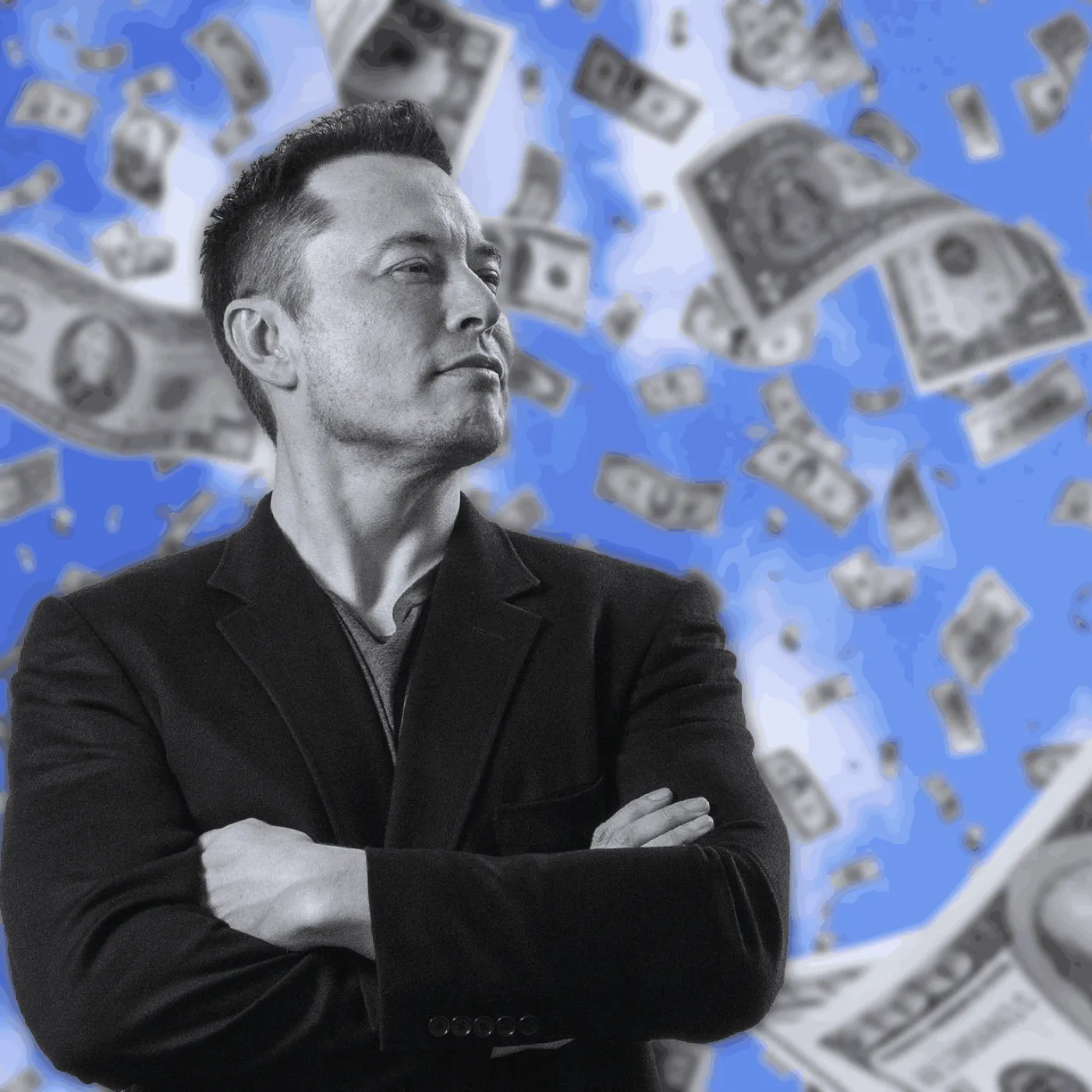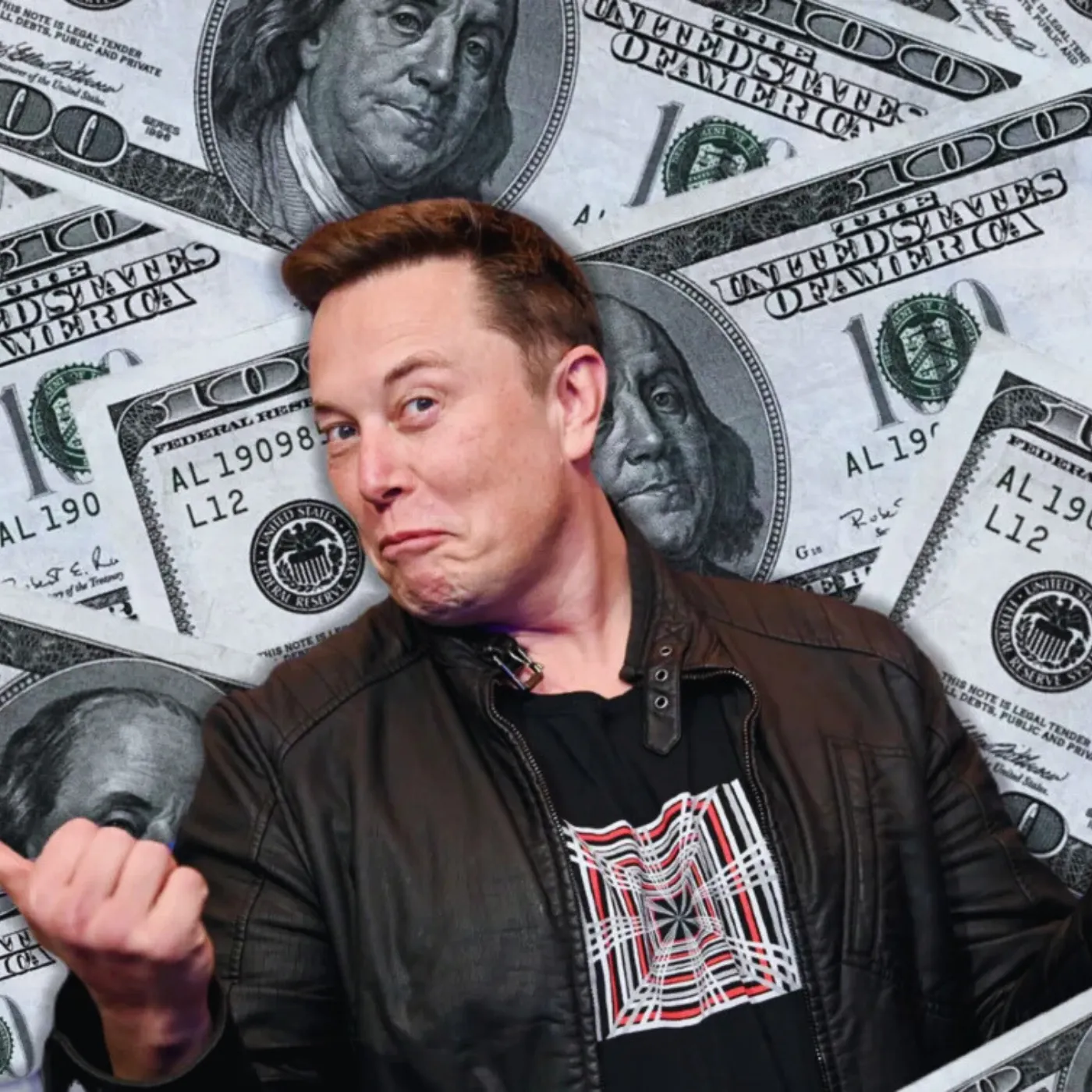Few billionaires ignite the internet like Elon Musk. Whether he’s launching rockets, buying Twitter, or naming his child something that looks like a Wi-Fi password, Musk has turned himself into the ultimate pop culture paradox: a tech tycoon who tweets like a teenager. But beneath the viral memes and controversial headlines lies a much more intriguing question: How did Elon Musk really get rich?
Was it brains? Bravado? A brilliant long-term strategy? Or was it just the luck of being in the right place, at the right time, with the right connections?
Here’s the uncensored, SEO-friendly, drama-loaded breakdown of the real story behind Musk’s billions. Spoiler: it’s messier—and way more fascinating—than you think.
Born Into Wealth—or Just a Head Start?
Let’s get one myth out of the way: Elon Musk was not born poor. Raised in South Africa, Musk’s father, Errol Musk, was an engineer who, according to Elon himself, once owned part of an emerald mine in Zambia. Elon has tried to distance himself from this narrative, often calling it exaggerated or irrelevant. But the internet hasn’t forgotten.
Access to capital, elite schooling, and early exposure to technology gave Musk a starting advantage most people don’t have. While he wasn’t born into billions, he definitely had more than just bootstraps.
Zip2: Musk’s First Tech Exit
At just 24, Musk co-founded Zip2, a digital city guide platform, during the early internet boom. With a modest $28,000 loan from his father and the backing of venture capital, Zip2 landed contracts with major newspapers like The New York Times and Chicago Tribune.
In 1999, Compaq acquired Zip2 for $307 million, and Elon walked away with $22 million. That was the first major money move. But it was only the beginning.
X.com, PayPal, and the “Ousted Founder” Plot Twist
Flush with cash, Musk started X.com, an online banking service way ahead of its time. X.com would later merge with a company called Confinity, which had developed a product called PayPal.
Here’s where it gets spicy: Elon was kicked out as CEO of the merged company while on vacation. Despite being ousted, he remained the largest shareholder.
When eBay acquired PayPal in 2002 for $1.5 billion, Elon Musk walked away with roughly $180 million. That money would fuel every future empire he built.
So no, he didn’t build PayPal alone. But he did get massively rich from it.
Betting It All: The SpaceX and Tesla Gamble
Here’s where the story shifts from rich tech bro to financial maniac genius.
Instead of retiring on a beach, Musk dumped almost all of his PayPal earnings into two ventures:
SpaceX (founded 2002)
Tesla Motors (joined 2004, not founder but early investor)
Both companies nearly collapsed multiple times. In 2008, SpaceX had a string of failed launches, and Tesla was burning cash like wildfire. Musk was reportedly borrowing money for rent. His fortune was on the edge.
Then, a miracle—or masterstroke—happened: NASA awarded SpaceX a $1.6 billion contract, and Tesla secured emergency investment to stay afloat.
This was the moment Elon Musk transitioned from lucky entrepreneur to high-risk capitalist overlord.

Tesla: From Meme Stock to Market Titan
Most people think Elon Musk built Tesla from scratch. He didn’t. The company was founded by Martin Eberhard and Marc Tarpenning. Musk came in as a Series A investor, clashed with the founders, and later pushed them out.
Through clever branding, massive marketing spin, and an army of online fanboys, Musk became the face and force of Tesla.
When Tesla’s stock exploded in the late 2010s, Elon’s wealth didn’t just grow—it skyrocketed into the stratosphere. In 2020 alone, Tesla’s stock price increased 743%, making him, at one point, the richest man on Earth.
Most of his wealth is not in cash but tied to Tesla shares. He’s a billionaire on paper more than in liquid assets—but the valuation game works in his favor.
SpaceX: A Private Empire in the Sky
While Tesla made him famous, SpaceX made him untouchable.
As the first private company to launch astronauts into orbit, SpaceX became a juggernaut. It now has government contracts, global prestige, and near-monopoly status in commercial spaceflight.
Musk owns more than 40% of SpaceX, which is valued at over $180 billion as of 2025. That alone adds tens of billions to his net worth.
And yes, Starlink—his satellite internet venture—is printing money.
The Twitter/X Saga: Ego, Attention, or Endgame?
Buying Twitter in 2022 for $44 billion was either a billionaire flex or a PR disaster, depending on who you ask.
Since rebranding it to X, Musk has made it a platform for free speech, chaos, and crypto memes. While it hasn’t made him richer yet, it has certainly made him even more central to public discourse.
And that’s worth more than money in today’s attention economy.
Brand Elon: The Billionaire Who Monetized Attention
Here’s the real trick: Musk’s biggest asset isn’t Tesla or SpaceX. It’s himself.
He has weaponized self-branding like no other billionaire on Earth. Every late-night tweet, every impulsive meme, every cringe-worthy viral video—intentional or not—is part of a system designed to keep him trending.
No CEO tweets like Elon. He breaks embargoes. He roasts politicians. He posts 420 jokes while steering a multibillion-dollar portfolio. In an era where CEOs are advised to stay cautious and polished, Elon flips the rulebook and dares the algorithm to keep up.
What makes this branding so powerful? It’s the illusion of authenticity. Musk’s raw, unscripted online persona convinces people he’s “just like us”—while sitting on a mountain of capital and control. He turns algorithmic chaos into cultural dominance.
The result? Musk doesn’t need press releases—he is the press. Traditional media outlets amplify his posts. Influencers dissect his tweets. Redditors meme his interviews. TikTok teens remix his speeches. Every platform turns him into viral oxygen.
He’s not just building companies—he’s building mythology. The myth of the flawed genius rebel. The guy who says what he thinks, breaks what he wants, and somehow wins anyway.
Brand Elon is a fortress. It insulates him from PR disasters. It keeps his followers loyal even when products underperform. It helps drive Tesla’s valuation, boost SpaceX’s mystique, and fuel endless debate.
In this sense, Musk has monetized more than attention—he’s monetized controversy, weaponized unpredictability, and turned every headline into free advertising.
And the crazy part? It works. It works better than any ad campaign.

The Bottom Line: Built or Bought? Luck or Strategy?
So, how did Elon Musk get rich?
He had a head start with wealth, education, and access.
He made two successful exits with Zip2 and PayPal.
He reinvested everything into wildly risky ventures.
He leveraged attention better than any CEO alive.
He turned spectacle into strategy.
It wasn’t just innovation. It was narrative control. It was high-stakes gambling. And yes, it was sometimes messy, privileged, and chaotic.
But it worked.
In an era where attention is currency and controversy is a growth hack, Elon Musk turned noise into net worth. Whether you admire him or despise him, one thing’s clear:
He didn’t just build companies—he built a spectacle. And that made him rich beyond belief.